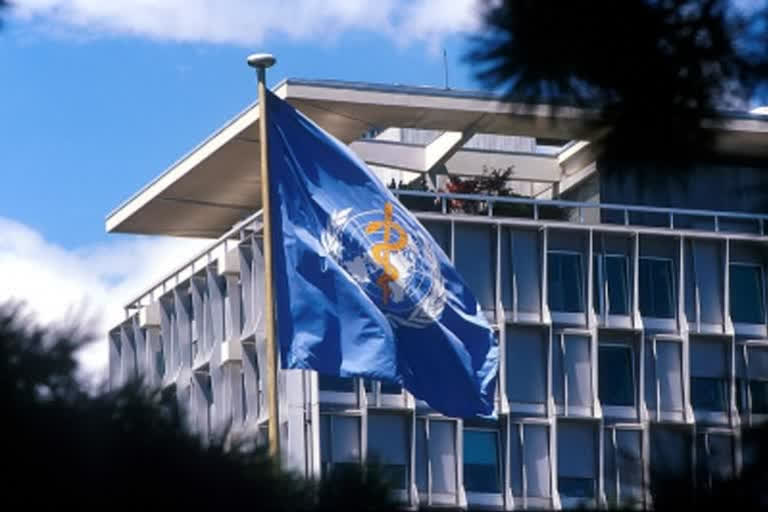New Delhi: The WHO Global Centre for Traditional Medicine, set to come up in Gujarat, aims at improving the quality and safety of traditional medicinal practices by developing a cohesive approach to healthcare, said the world body's Regional Director Dr Poonam Khetrapal Singh. The objective is also to develop a mechanism that allows access to such traditional medicinal practices and protects such knowledge, she said. Prime Minister Narendra Modi along with World Health Organization (WHO) Director-General Dr Tedros Ghebreyesus will perform the ground-breaking ceremony of the facility in Jamnagar on April 19.
It would be the first global outpost centre for traditional medicine and define the issues that countries face in regulating, integrating and positioning traditional medicine. Asked why the need for establishing the WHO Global Centre for Traditional Medicine (GCTM) has been felt now, Dr Singh told PTI that nearly 80 per cent of people in 170 of 194 WHO member countries use traditional medicines and indigenous therapies. For many, traditional medicines are the first port of call for treatment, said the regional director of WHO South-East Asia Region.
"Many of their governments have requested WHO's support in creating a body of reliable evidence and data on traditional medicines practices and products," she said. According to her, the Covid pandemic has further impacted health systems in the world and all countries need to mobilise all available resources to recover, fill gaps in health coverage and accelerate progress toward health goals. "Consumer expectations for healthcare are rising while costs are soaring. Therefore, integrating traditional medicine into the public healthcare delivery system becomes an obvious and pressing need.
"Although traditional medicines have been around for millennia, they lack robust evidence, data and a standard framework, preventing their integration into mainstream healthcare delivery system. As a result, millions of accredited traditional medicine workers, facilities, expenditures and products are still not fully accounted for," Dr Singh said. The GCTM, with its global reach, will be a game-changer by focusing on four strategic areas of work. These are evidence and learning; data and analytics; sustainability and equity; and innovation and technology, she stated.
"It will help harness the power of traditional medicine to advance the Sustainable Development Goal 3 target of ensuring the health and promoting wellbeing for all at all ages." Asked what other areas will it contribute to, Dr Singh said traditional medicine is a part of the growing trillion-dollar global health, wellness, beauty and pharmaceutical industries. Many countries have well-established systems of traditional medicine. Supporting the member states in developing a safe, effective and organised traditional medicine will enable the medical system to tap into and fully realise its potential and attract people from other countries who seek such care, she said.
